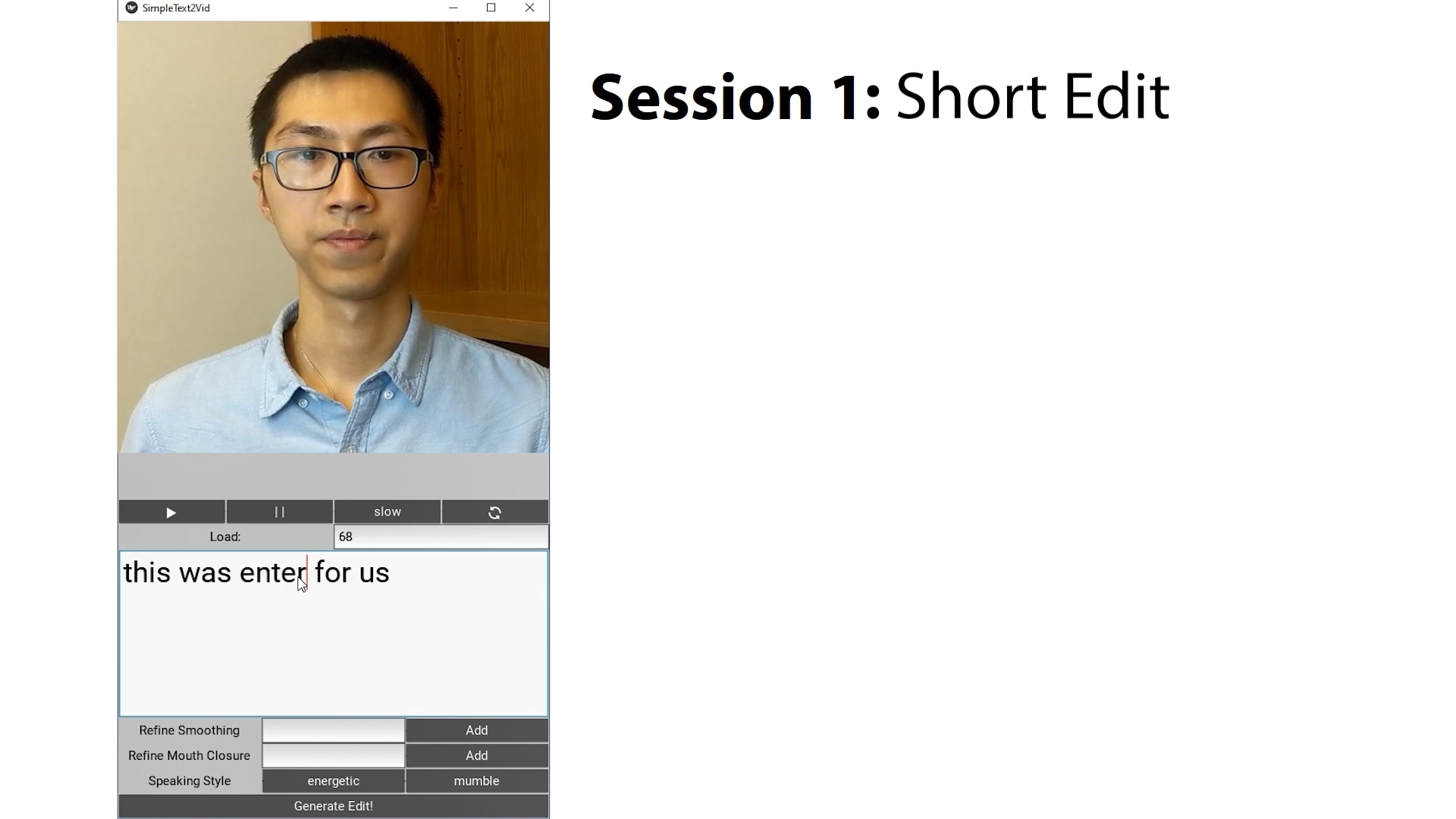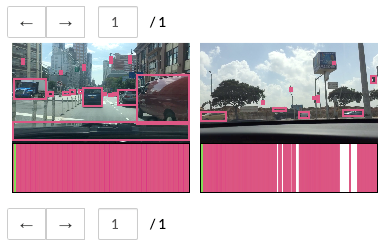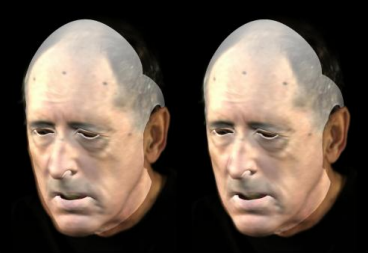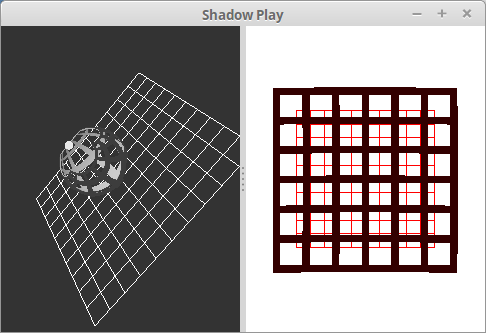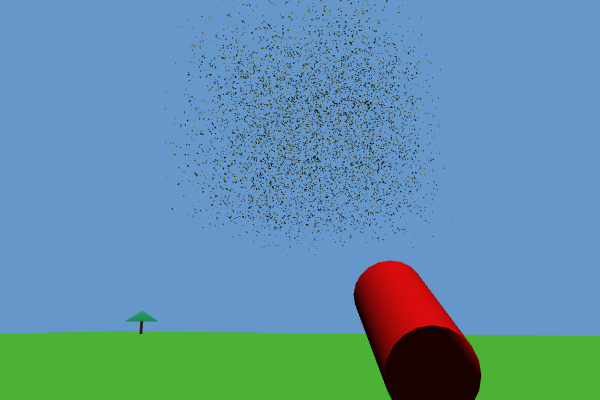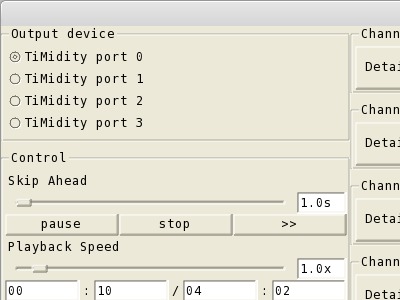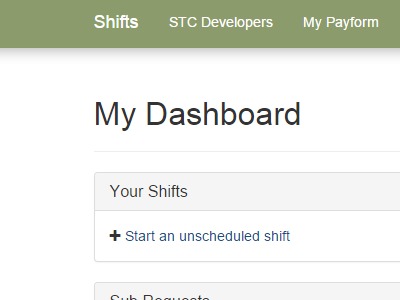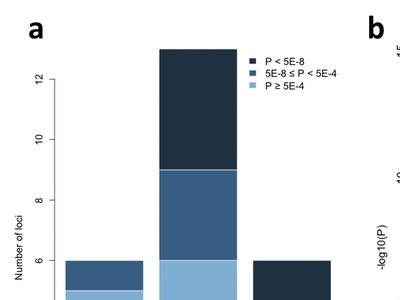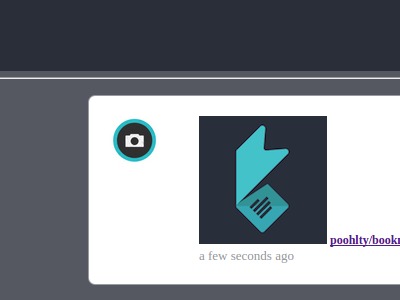About Me
Hi! My name is Xinwei (David) Yao. I am currently a researcher at DeepMind where I work on bringing state-of-the-art generative AI to content creators. Most recently I have been working on Veo for text-to-video, image-to-video and various control capabilities such as camera, reference, speech. We have launched some of these features to YouTube, Flow, Gemini and Google Cloud, empowering a wide range of use cases from casual creators to professional filmmakers to media enterprises.
I am interested in applied research and building products in the space of generative AI for visual media, and specifically in video effects and visual storytelling. Previously I was a Computer Science PhD candidate at Stanford University advised by Kayvon Fatahalian, researching Computer Vision and Graphics applications to video and film, and in particular video analysis and synthesis (Deepfake generation). I received my B.S. degree in both Intensive Mathematics and Computer Science from Yale University in 2016.
I am an experienced Software Engineer on both consumer and enterprise AI products and large-scale distributed infrastructure systems. Before my current work with Google Deepmind on foundational video generation models, I led the Computer Vision infrastructure team for Document AI and Vision API for enterprise customers from 2021 to 2023 at Google Cloud AI. From 2016 to 2018 at Google in New York City I worked on a planet-scale Search Engine platform powering hundreds of Google products including WebSearch and YouTube, the two largest search engines on the Internet, serving 107s of search queries every second.
I enjoy teaching and giving talks. I gave a SIGGRAPH 2021 talk on my deepfake paper and was the head TA for CS248: Interactive Computer Graphics at Stanford in Winter 2020. At Google, I have lectured on topics ranging from AI Hardware, Vision Transformers for Generative AI and have taught internal Machine Learning Engineering courses, and the anatomy of the Web Search Engine to new hires with great success. At Yale Math Department, I have written expositions and given seminar lectures on topics including Network Algorithms, Graph Theory and Galois Theory. The lecture notes and essays can be found here.
Born and raised in Nanjing, China, I can speak Mandarin, English and Spanish and I love travelling to different places. In my free time, I am a cinephile and I watch movies from all over the world but mostly from US, Europe and East Asia. I especially enjoy horror films and coming-of-age comedies. I write about them too, usually short comments but sometimes longer reviews.
